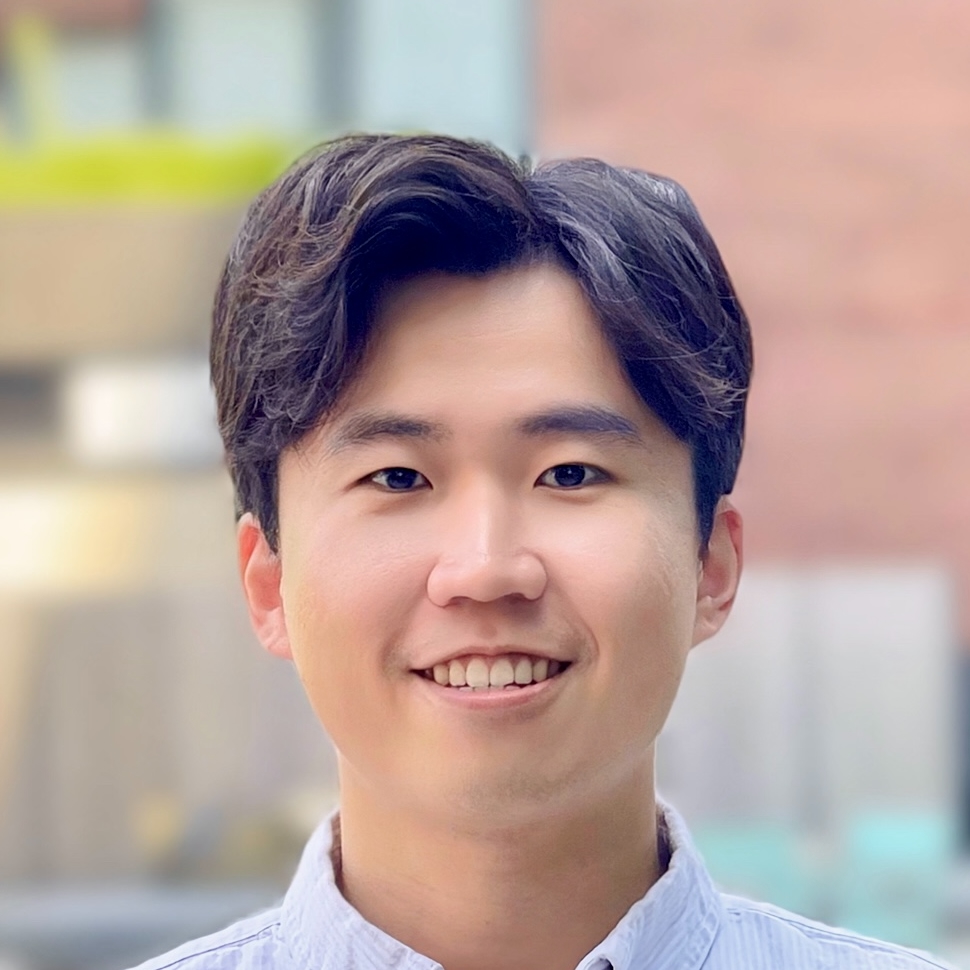Upcoming Events
CSE Faculty Candidate Seminar - Brandon Feng

Name: Brandon Feng, Postdoctoral Associate from MIT
Date: Thursday, February 20, 2025 at 11:00 am
Location: Coda Building, Room 114 (Google Maps link)
Link: The recording of this in-person seminar will be uploaded to CSE's MediaSpace
Coffee and snacks provided!
Title: AI as a Lens: Expanding Vision for Scientific Discovery
Abstract: Conventional approaches to scientific discovery often prioritize building larger sensors, gathering more data, and scaling up computational power. In this talk, I will present a complementary perspective: extracting insights hidden in the data we already have. The key lies in using AI not as a black-box predictor, but as a tool for interpreting data through its underlying physical process.
I will demonstrate how AI, when integrated with the physics of light propagation, can serve as a computational lens to overcome fundamental limitations in fields ranging from biomedicine to astrophysics. Specifically, I will showcase two compelling applications: non-invasive imaging through scattering biological tissues, and detecting faint exoplanets against the overwhelming brightness of their host stars.
These methods represent a departure from traditional learning-based approaches that rely on fitting models to training labels and hoping for generalization. Instead, with physics-informed strategies that decode how light propagates, we can transform raw measurements into scientifically meaningful insights—without requiring costly hardware upgrades or human-annotated datasets. Finally, I will outline future directions for combining AI with physical principles, enabling us to unlock more phenomena once considered hidden and accelerating discoveries in healthcare, astronomy, and beyond.
Bio: Brandon Y. Feng is a Postdoctoral Associate at MIT Computer Science and Artificial Intelligence Laboratory (CSAIL) and a Visiting Scientist at the Harvard-Smithsonian Center for Astrophysics. His research bridges artificial intelligence and physics to expand the limits of human and machine vision. He develops AI-driven methods that reveal hidden patterns in complex visual data, driving breakthroughs in areas such as exoplanet detection and imaging through scattering tissues. His work has been published in top venues, including Science Advances, CVPR, ICCV, ECCV, and NeurIPS, and has been featured in Science.org, New Scientist, and Phys.org. He holds a Ph.D. in Computer Science from the University of Maryland, along with a B.A. in Computer Science and Statistics and an M.S. in Statistics from the University of Virginia.
Event Details
Media Contact
Arlene Washington-Capers
arlene.washington@cc.gatech.edu
EVENTS BY SCHOOL & CENTER
School of Computational Science and Engineering
School of Interactive Computing
School of Cybersecurity and Privacy
School of Computing Instruction
Algorithms and Randomness Center (ARC)
Center for 21st Century Universities (C21U)
Center for Deliberate Innovation (CDI)
Center for Experimental Research in Computer Systems (CERCS)
Center for Research into Novel Computing Hierarchies (CRNCH)
Constellations Center for Equity in Computing
Institute for People and Technology (IPAT)
Institute for Robotics and Intelligent Machines (IRIM)